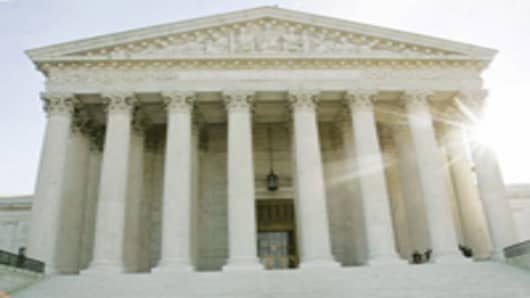Race and its ramifications in hiring and promoting decisions have made the headlines this week yet again with the U.S. Supreme Court ruling on the white firefighters’ appeal in New Haven, Conn.
Here’s the essence in a nutshell, as quoted in the New York Times: “The ruling could alter employment practices nationwide and make it harder to prove discrimination when there is no evidence it was intentional.”
Did the Supreme Court just create a monster for HR and Diversity Managers?
The test in question executed by a third party for the city firefighters determined that no Black and only two Hispanic test-takers would be eligible for a promotion. Note, however, that no promotions had been offered or promised prior to the test. Fearing retaliatory measures from minority groups, the city decided not to use the results of test. Hence, this lawsuit and a historic ruling that promises to create a royal HR mess.
Here are some issues an HR manager will need to consider:
If fear of litigation deters employers from fair hiring and promotion decisions, are the white so-called majority experiencing reverse discrimination?
Statistics don’t seem to suggest that. The current recession that has pushed the national unemployment rate frighteningly close to double digits seems to have affected white and Black citizens differently. According to the Joint Center for Political and Economic Studies, while the national unemployment rate might be 9.4 percent (9.5 percent today), for African-Americans, it stands at 15 percent. When these staffers do return to work, their rate of promotion will be similarly disadvantaged. The 15 percent will be that much harder a number to level off than the national average.
Does affirmative action scare the majority?
According to an NBC/Wall Street Journal poll, where people were asked to side with one of two statements, the statements being: "Affirmative action programs are still needed to counteract the effects of discrimination against minorities, and are a good idea as long as there are no rigid quotas." Or: “Affirmative action programs have gone too far in favoring minorities, and should be ended because they unfairly discriminate against whites.”



